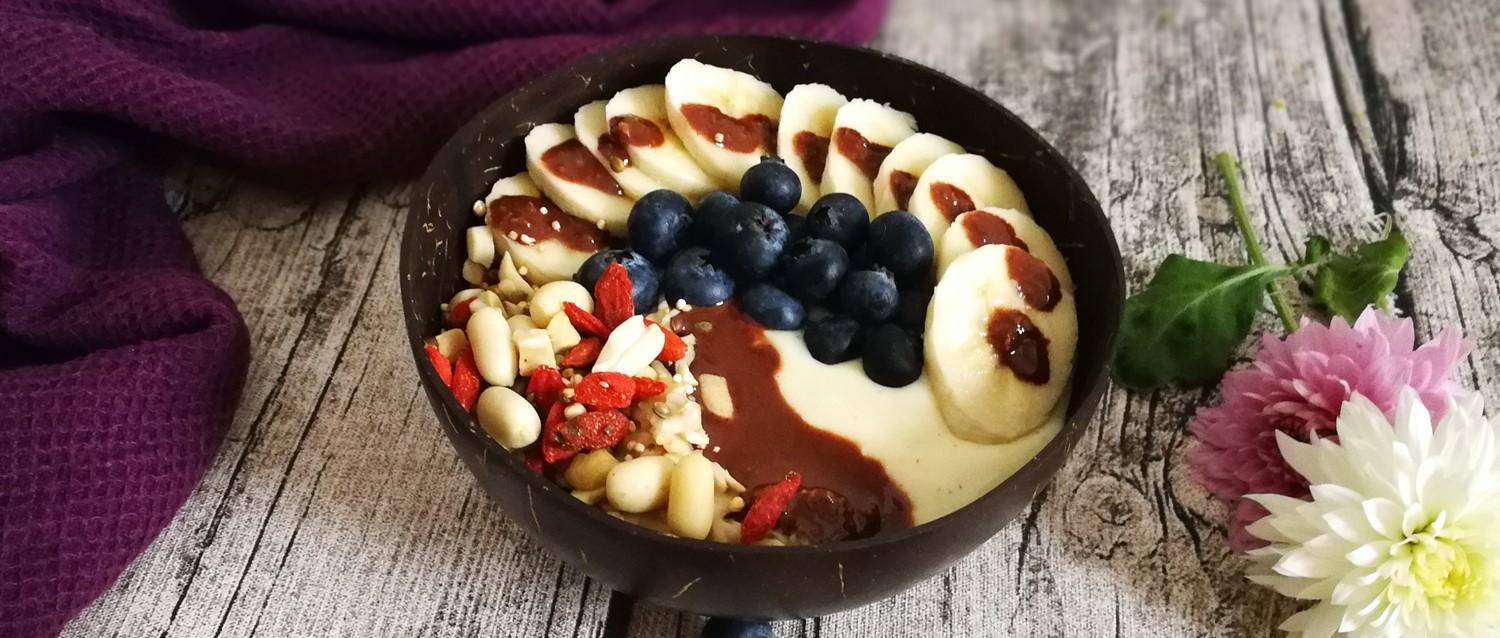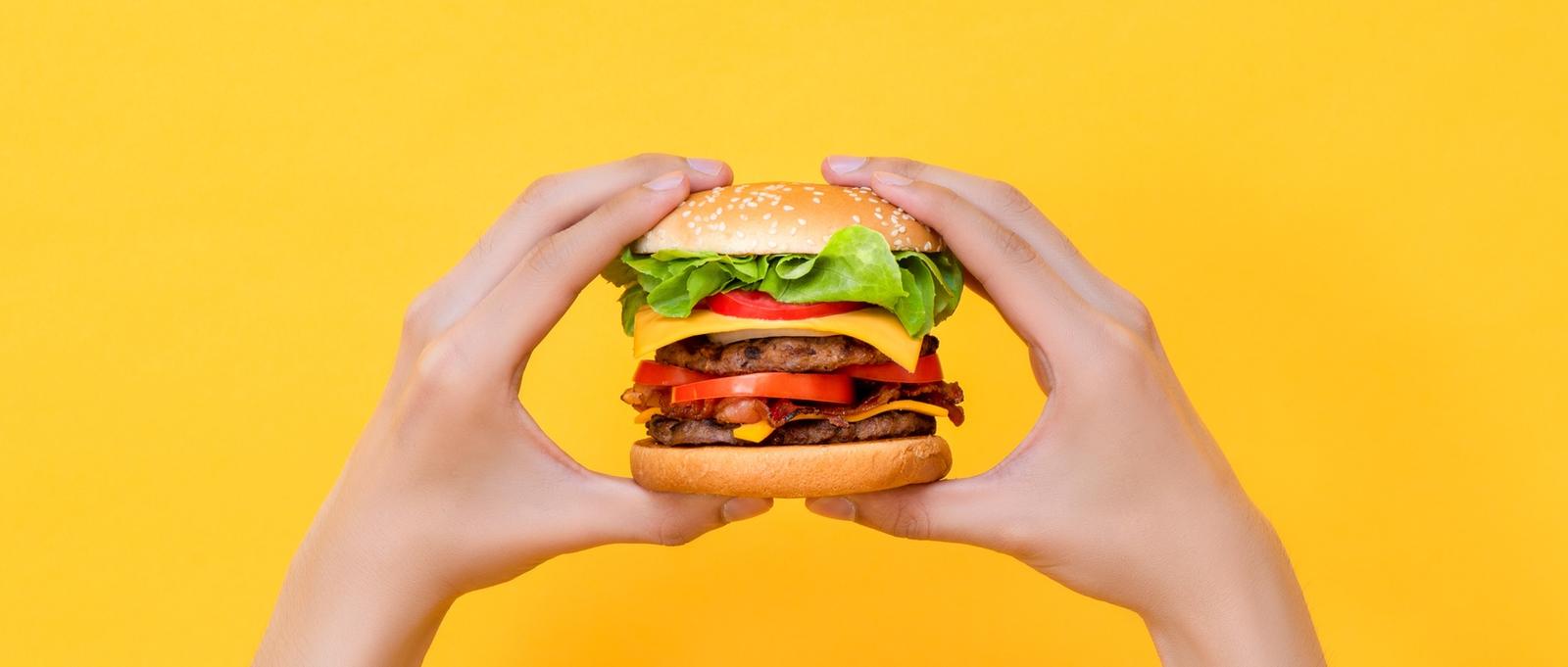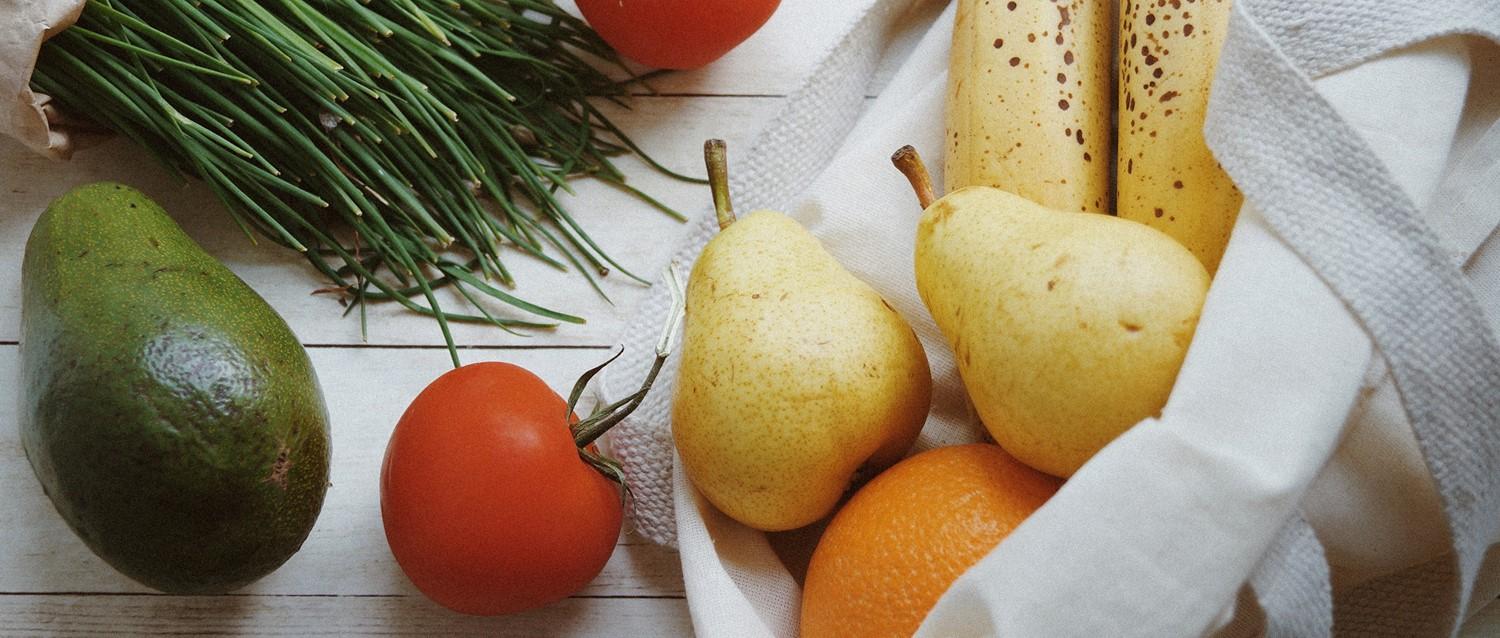
How to build muscle on a vegan diet
Peer reviewed by Dr Sarah Jarvis MBE, FRCGPLast updated by Amberley DavisLast updated 1 Feb 2022
Meets Patient’s editorial guidelines
- DownloadDownload
- Share
- Language
- Discussion
With 3.25% of adults aged over 15 years now following plant-based diets, veganism in Great Britain is on the rise. There are growing numbers of people interested in making 'vegan gains' - building muscle on a vegan diet. With careful planning, it is possible to maximise muscle growth on a plant-based diet.
In this article:
Video picks for Vegan and vegetarian
Three rules for muscle building
Whether you consume a plant or animal-based diet, if your goal is to build muscle there are three key things that you need to do:
Establish a regular strength-training routine.
Ensure you consume the optimum amount of protein for muscle repair and growth.
"The most important factor when trying to build muscle is progressive overload during your workouts," says Rachel Ball, registered British Dietetic Association (BDA) freelance dietitian. "Each session, try for a heavier weight, more repetitions or better form."
To support this progression in your workouts you need a diet that is high in protein and also rich in a range of nutrients and other food groups that can support strength training.
A vegan muscle-building diet
Back to contentsWhile veganism has its own dietary challenges for strength training, vegan muscle building is possible. Research shows that both strategic food management and food supplementation are effective in supporting athletes and others who engage in intense strength training and have a vegan diet.
Reema Patel, dietitian at Dietitian Fit says: "For someone who follows a vegan diet, it can take careful planning to ensure your diet contains the required intake of protein, calories and nutrients to optimise health and muscle growth. Eating well, combined with regular muscle-strengthening exercise, will help to build muscle over time."
Vegan sources of protein
It's a common misconception that only animal-based products can provide the protein needed for muscle gain. Protein contains essential amino acids that are needed to repair and increase muscle mass - a process called muscle protein synthesis (MPS).
"To help maximise muscle growth, protein intake needs to be higher than average at around 1.6-2 grams of protein per kilogram of body weight," Patel advises.
"Concentrating on consuming a variety of high protein plant foods is important, as some plant proteins do not contain all the essential amino acids and are not as well absorbed as animal proteins.
"Plant-based proteins that contain all the essential amino acids are sometimes called 'complete proteins'. These include tofu, tempeh, seitan, edamame/soya beans, quinoa, and chia seeds. Other plant foods such as beans, legumes and grains also contain protein, though they will need to be eaten as a part of a varied diet to obtain all the essential amino acids the body cannot produce itself."
Common vegan protein sources
Beans, like black beans, kidney beans, and green beans.
Seeds, like hemp seeds, pumpkin seeds, and chia seeds.
Nuts, like almonds, pine nuts, and peanuts.
Lentils.
Tofu.
Soy milk.
Quinoa.
Artichokes.
Green peas.
Oatmeal.
Edamame.
Hemp milk.
Black-eyed peas.
Spinach.
Asparagus.
Broccoli.
Chickpeas.
Vegan protein powder can also help you to reach your protein requirements. If you want to maximise muscle growth, you may want to consider the pros and cons of protein supplementation to support your vegan gains.
Vegan sources of carbs
Carbohydrates (or 'carbs') are a primary source of energy in your diet. They are partially converted to glycogen, a form of energy that's stored in muscles. According to Ball, this makes carbs really important, providing essential fuel for your workouts.
Simple carbs are great before a workout because they're digested quickly which makes them a fast-working source of energy: "Before a workout, choose easily digested carbohydrates such as fruit, smoothies or cereal bars. Anything too high in fibre or fat before exercise might cause pain, poor performance or diarrhoea," advises Ball.
Experts also recommend consuming carbs straight after high-intensity exercise. This helps to replenish depleted glycogen stores needed for muscle repair and recovery. In addition, it helps prevent gluconeogenesis (the process by which the body turns to protein stores for energy that could otherwise be used in MPS to build muscle).
Not having enough carbs can also cause protein loss because carb restriction leads to an increase in the amount of nitrogen being excreted by the body. Nitrogen is a component of amino acids - the essential substances for MPS.
Common carbohydrates
Whole fruits, like apples, peaches, and clementines.
Beans, including black beans, kidney beans, and butter beans.
Squash.
Sweet potatoes.
Whole corn.
Lentils.
Quinoa.
Oats.
Brown rice.
Whole wheat pasta.
Whole grain bread.
Vegan sources of dietary fat
Dietary fats are your body's other main source of energy. Fats have a bad reputation when it comes to your health and body composition, but consuming unsaturated rather than saturated fats can not only help when vegan muscle building but can also aid vitamin absorption.
Both mono-unsaturated and polyunsaturated fats, known as the 'good' fats, aid muscle movement and growth. They increase levels of HDL, the 'good' cholesterol, which in turn may lead to greater growth hormone production and more amino acids for MPS.
Furthermore, while saturated fats may raise 'bad' cholesterol and increase the risk of heart problems such as heart disease, polyunsaturated fats are broken down into omega-3 fatty acids which can actually benefit heart health.
Good vegan sources of unsaturated fats
Seeds, like hemp seeds, chia seeds, and brazil nuts.
Nuts, such as almonds, peanuts, and walnuts.
Oil, including rape seed oil, sunflower oil, and olive oil.
Avocados.
Calorie surplus
Ball also recommends making sure that you are eating sufficient calories. If you intend to build a lot of muscle then creating a calorie surplus (consuming more than you burn) provides your body with the extra energy it needs for strength training.
This particular method of muscle building is commonly referred to as bulking. You should be careful that you only increase your calorie intake enough to build muscle but not unnecessary body fat: this can be a fine balance.
Experts recommend consuming 10-20% above your daily weight maintenance calorie needs for an average weight gain of 0.25-0.5% of your body weight per week. You can use a calorie calculator to estimate how many calories you need each day.
Vegan muscle building may require a little more planning when it comes to bulking, as plant-based foods are typically lower in calories than animal-based foods. That said, there are still several high-calorie vegan foods.
Common high-calorie vegan foods
Nuts, like almonds, peanuts, and walnuts.
Nut butter, such as peanut butter.
Dried fruit, including prunes, dried apricots, and dried mango.
Avocado.
Quinoa.
Tahini.
Olive oil.
Legumes.
Sweet potatoes.
Other dietary supplements
Vegan diets are lacking in both creatine and carnosine which also aid muscle growth. As a result, you might want to consider taking supplements to support your vegan gains.
Creatine is made from amino acids, and it is used to make a molecule called adenosine triphosphate (ATP). This substance is your body's main source of energy for muscle contractions. Creatine also helps you to build muscle in other ways.
Carnosine is also made by your body's amino acids. It can increase muscle strength and endurance by helping to manage the pH of your muscle cells. The two amino acids involved in carnosine production are called histidine and beta-alanine, and there is some evidence that taking beta-alanine supplements can benefit body composition, including lean muscle mass.
Patient picks for Vegan and vegetarian

Diet and nutrition
How to avoid ultra processed foods when you're vegan
More people are cutting out meat in favour of plant-based diets for ethical, environmental and health reasons. But not all plant-based foods - either vegetarian or vegan - are as healthy as we think they are. In fact, some are classed as ultra-processed foods, which have been linked to heart disease and cancer.
by Victoria Raw

Diet and nutrition
What happens to your body when you go vegan?
More of us than ever are going vegan. But how does a plant-based diet actually affect the body and what are the pitfalls to look out for?
by Abi Millar
Continue reading below
Article history
The information on this page is peer reviewed by qualified clinicians.
1 Feb 2022 | Latest version
1 Feb 2022 | Originally published

Ask, share, connect.
Browse discussions, ask questions, and share experiences across hundreds of health topics.

Feeling unwell?
Assess your symptoms online for free
Sign up to the Patient newsletter
Your weekly dose of clear, trustworthy health advice - written to help you feel informed, confident and in control.
By subscribing you accept our Privacy Policy. You can unsubscribe at any time. We never sell your data.